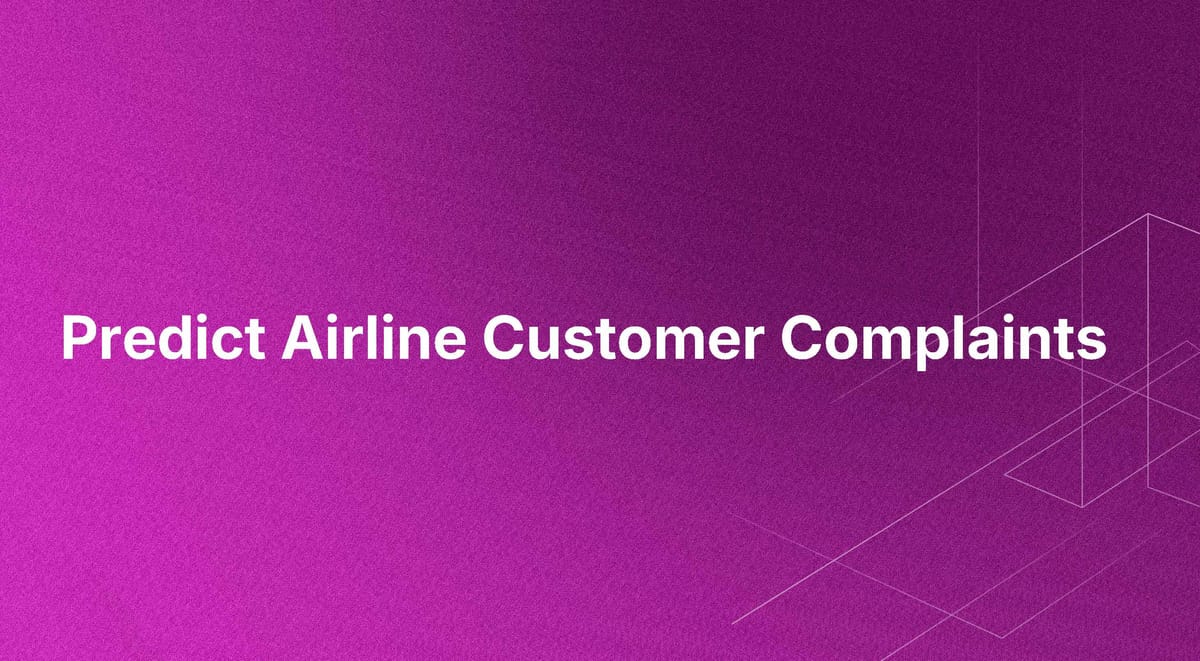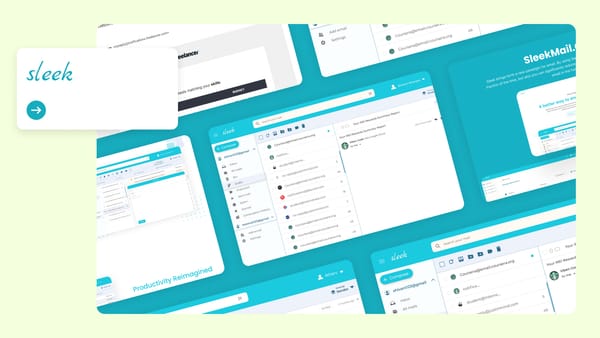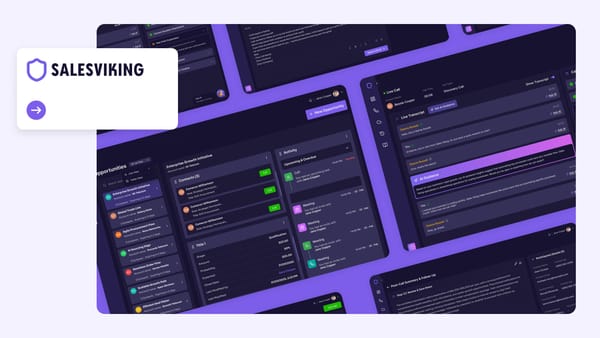Predict Airline Customer Complaints

Leveraging AI to Forecast and Mitigate Customer Service Issues
Overview
The airline industry is a critical component of global transportation, connecting people and goods across vast distances. However, it also faces numerous challenges related to customer satisfaction. Flight delays, baggage mishandling, overbooking, and poor customer service are common issues that lead to customer complaints. Addressing these complaints effectively is crucial for maintaining customer loyalty and meeting regulatory requirements such as EU261, which mandates compensation for certain service failures.
Problem Statement
Customer dissatisfaction in the airline industry results in numerous complaints, which can be costly and damaging to the airline's reputation. In the first nine months of 2014, the Department of Transportation’s Aviation Consumer Protection Division received over 12,000 complaints. These complaints, stemming from issues like flight delays and mishandling of baggage, highlight the need for airlines to improve their service recovery strategies and proactively address potential customer grievances.
Solution Overview
Leveraging AI can empower airlines to predict customer complaints and their severity based on historical data. By analyzing past complaints, machine learning models can identify patterns and predict when and why a customer is likely to file a complaint. This proactive approach enables airlines to forecast the volume of complaints, informing call center staffing and resource allocation more accurately. Additionally, understanding individual customers' propensity to complain allows for personalized service recovery strategies, such as proactive communication or compensation offers to avert dissatisfaction. Implementing this AI-driven solution involves several technical and business steps. Technically, it requires collecting and curating relevant data, developing machine learning models that can accurately predict complaints, and integrating these models into the airline's customer service systems. Business-wise, it necessitates a shift towards a more proactive service recovery approach, training staff to utilize AI insights effectively, and setting up performance metrics to measure the impact of these interventions. Operationalizing this solution can lead to significant improvements in customer satisfaction. By anticipating issues and addressing them proactively, airlines can not only mitigate the impact of service failures but also delight customers, potentially turning negative experiences into positive ones.





